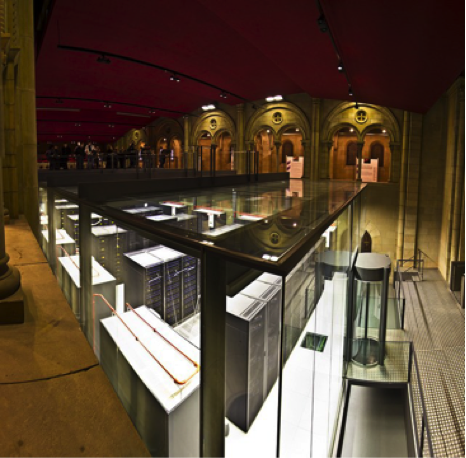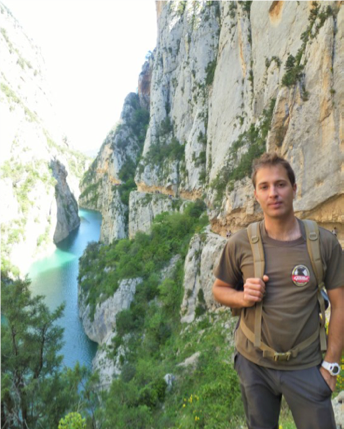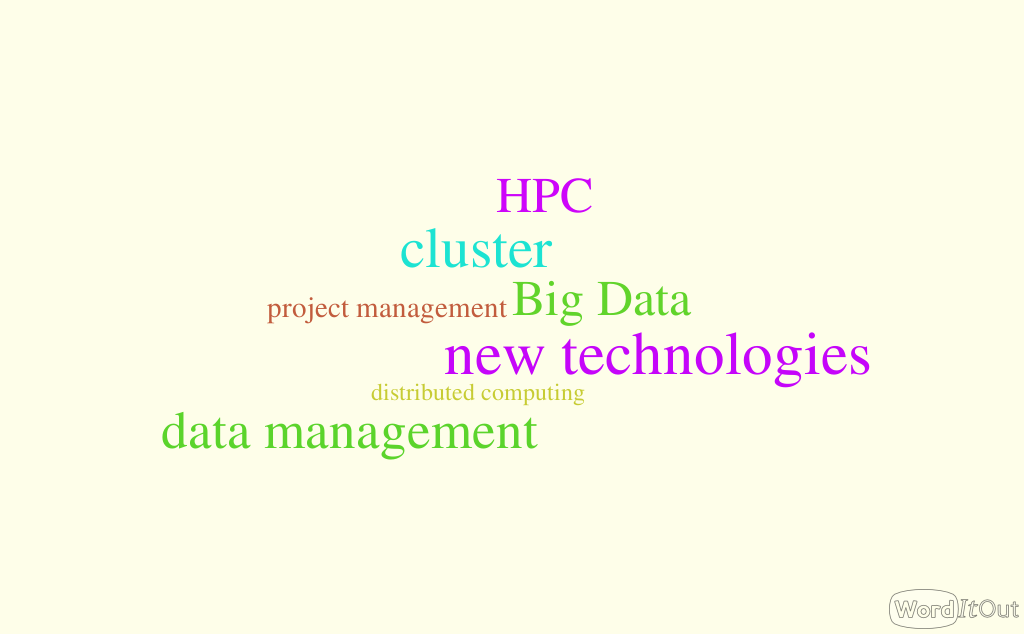Felip Moll Marquès is a System Adminstrator at Barcelona Supercomputing Center (BSC), where he helps to ensure that Spain’s biggest supercomputer, MareNostrum, is always available for its users. He participates in one of the Work Packages of the EU-funded PRACE-5IP project, on behalf of BSC. His work takes him to many European HPC centres. Outside of work, he enjoys sailing and other sports, and spending time by the sea.
Felip, tell us a bit about yourself, and how your career path has led you to where you are now.
I currently work at Barcelona Supercomputing Center (BSC) as a System Adminstrator. My main responsibilities are project management, design and implementation tasks, and carrying out continuous improvement to the services and HPC clusters. I like having the chance to innovate and to solve problems while ensuring that everything is kept clear and is well documented.
Curiosity and an interest in understanding at a very detailed level how things work have been the main motivations that have helped me to get to where I am now. When I was young I always wondered how a computer worked. When I found the opportunity to play with some hardware and electronics, I started coding some small programmes, installing new operating systems, and in this way I began to learn how it all worked together.
On the personal side, I love sailing, the sea and sports. I often participate in sailing races, and this experience has taught me that having a target – such as winning a regatta – and sticking to it, and always keeping that target in mind when planning your daily actions, can be a very successful way to achieve a successful end result.
So what does your job involve?
MareNostrum is the biggest supercomputer in Spain. I have the pleasure of being one of the system administrators of this machine. We manage more than 1 petabyte of data, more than 3000 computer nodes, different cluster stack software, and much more besides.
We also manage three other medium-sized clusters that give me the opportunity to use many different technologies, including GPFS, Lustre, Slurm, LSF, Big Data, and GPUs, and finally also other technologies for managing services, such as IBM Spectrum Protect, LDAP, Puppet, Oracle Fusion Middleware, Oracle RAC, MySQL, Bind and Samba.
Another part of my job is to coordinate some tasks within the PRACE Fifth Implementation Phase Project (PRACE-5IP). This is also a very interesting task for me that allows me to see how other HPC centres work, and to not only stick in Spain but also to experience other cultures.

MareNostrum supercomputer at BSC: By courtesy of Barcelona Supercomputing Center - www.bsc.es
What are the exciting aspects of working in an HPC-related career?
Research is one of the most motivating things. For me it has an ethical component: the aim to create progress for society and the environment is really satisfying.
The major challenge that I see in the HPC world is the one of keeping up to date while maintaining competitiveness, while adapting to the very particular needs of the research staff, given the very different needs that different research teams have. In addition, Big Data, data management, backup/archive, are big and interesting challenges for me.
What was your first experience with HPC? Did that change the course of your career?
I started my HPC experience in my first job at a research centre called CIMNE. There was a small 12-node cluster that nobody was maintaining and I took on the responsibility of investigating on my own how it worked, how to upgrade everything, how to configure schedulers, and so on. At that time (in 2009), I did not know that clusters existed, and didn’t even know what a scheduler or a workload manager were. I really enjoyed discovering this world, from hardware, to cluster stack, to software stack, and finishing helping researchers with their parallel codes. All this work was used to do the final project for my degree, and a document of approximately 300 pages is available either from my personal webpage (http://lipix.ciutadella.es/) of from the Universitat Politècnica de Catalunya institutional repository, UPC Commons (http://upcommons.upc.edu/).
Where do you see your career leading you next?
I see myself managing a team, leading the progress of some company or department, doing things professionally and keeping my mind open to new technologies. I like to innovate and work for companies that have their mission focused on the benefits for the society and the environment.
Download this case study in pdf format.


